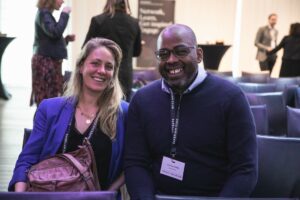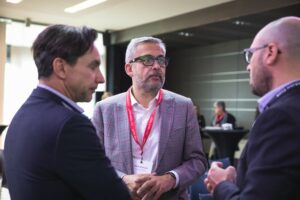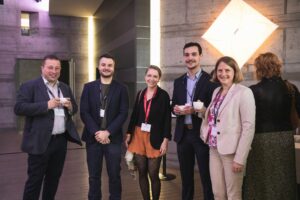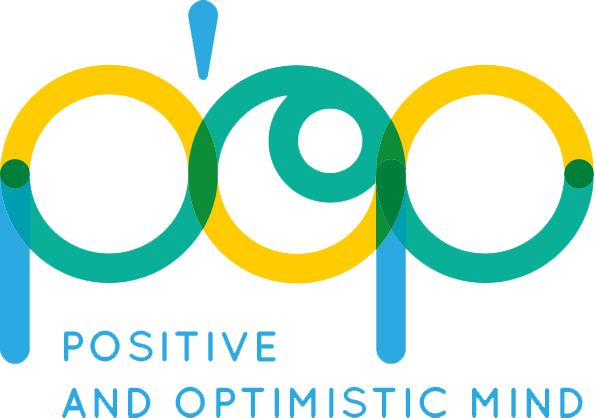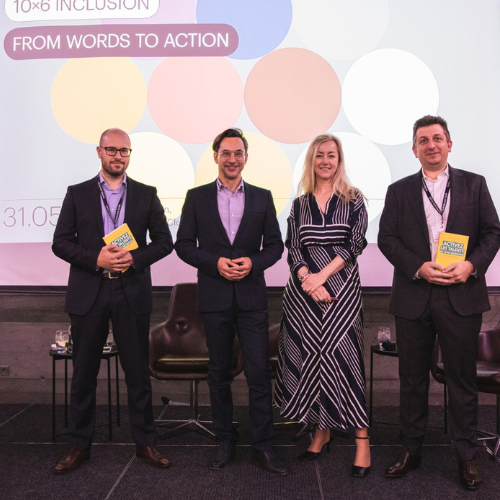Attracting and retaining talent, drawing viable lessons from the pandemic, and avoiding a return to “abnormality” were the underlying questions of the April 26 Breakfast Talk titled “Recruiting and Managing Post-Covid: From Resilience to Performance.”
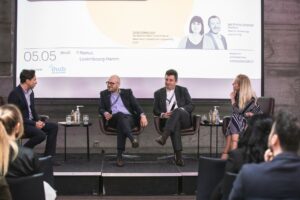

Over two years of Covid, some leaders literally saved their companies. Others ensured business continuity without damage, and others even overperformed during this period, thus revealing unsuspected collective and organizational capabilities from which they are now drawing valuable lessons.
A recent Deloitte survey reveals that 96% of companies in the financial center are reviewing their working arrangements. For their part, employees have profoundly changed their relationship with employment, willingly or unwillingly, and sometimes their private lives, during this pandemic. The combination of the two must then contribute to a new balance. This leads to revised priorities and hiring questions, but also creates a new challenge for retaining employees.
On stage at the Breakfast Talk organized by the Paperjam + Delano Club on April 26, three managers spoke: Béatrix Charlier, coach, founder of P’op firm and author of numerous articles on management, notably published “Activate Your Company’s Talents” in 2021. Pascal Martino, Partner, Advisory & Consulting at Deloitte, shared his experience on the multiple possible organizational forms. Finally, Joachim Cour, Partner at Elvinger Hoss Prussen, successfully managed significant growth by remotely managing around thirty business lawyers, predominantly from Generations Y and Z.
Quest for Meaning

It has intensified and spread to more people since the pandemic. The expectation for remote work exists. “Why should I come back to the office today?” is the question everyone is now asking. “Those who said ‘never’ eventually did it successfully. We are never as effective in innovation as when we are under constraint. This has put humanity and meaning back at the center of technological considerations,” analyzes Pascal Martino. “We surveyed new joiners about their reasons for choosing Deloitte: the impact report and diversity values come first. Before, we would have had very different results.”
Younger generations don’t just come for a salary, but for a mission that links professional and personal life. “They are interested in what goes beyond CSR and companies that are committed to this approach. ‘Saving the planet’ is more important than ‘making money,’ explains Béatrix Charlier. This is not just a generational phenomenon, because ‘one can be 60 years old and have a professional profile of a Gen Y.’ She also warns recruiters about the excesses of this ideal, which can lead some candidates to behave ‘like true divas’.”
